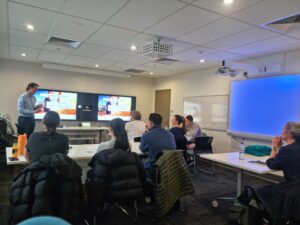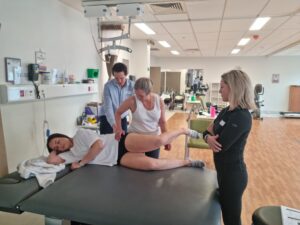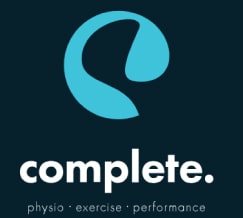Next dates and locations
- Saturday April 27, Canberra (Accelerate Physiotherapy, 2 Garran Pl, Garran ACT): Book here
- Sunday June 23, Melbourne (Complete, 656 Bridge Road Richmond, VIC): Book here
** Places limited on this highly practical in-person course **
Course Outline

Patellofemoral pain (PFP) is one of the most common injury presentation to orthopaedic, general practice and sports medicine clinics. During this course, the complex clinical reasoning required to provide an optimal management plan for the varying PFP presentations clinicians see every day will be explored. The course is taught by Dr Christian Barton who is an international expert in PFP management with more than 160 peer reviewed publications in the medical literature, including many related to the management of patellofemoral pain. Christian’s highly practical and evidence based course will provide you with a range of knowledge and skills you can apply immediately in the clinic, whether you are a new graduate or experienced clinician. The course, which has been taught in 9 countries to more than 400 clinicians, will be a mixture of lectures, discussions and practical workshops.
Learning Outcomes
- Make an accurate diagnosis of PFP, considering differential diagnosis of tendon, ligament, meniscus and joint pathologies
- Understand and assess common local, proximal and distal deficits which may relate to PFP pathology and how to identify their presence in a clinical setting
- Provide common evidence-based physiotherapy interventions for the management of PFP and when to apply this in the clinical setting, including: exercise (local, proximal and distal), taping, massage/mobilisation, and adjunctive interventions
- Develop an understanding of the concept of movement retraining in the management of PFP and how to apply this in a clinical setting
- Understand the implications of adolscent PFP and PFJ osteoarthritis and how best to manage them in a clinical setting
- Understand the importance of, and develop skills to address, pain-related fear and how to address it with education and exercise
Book here



